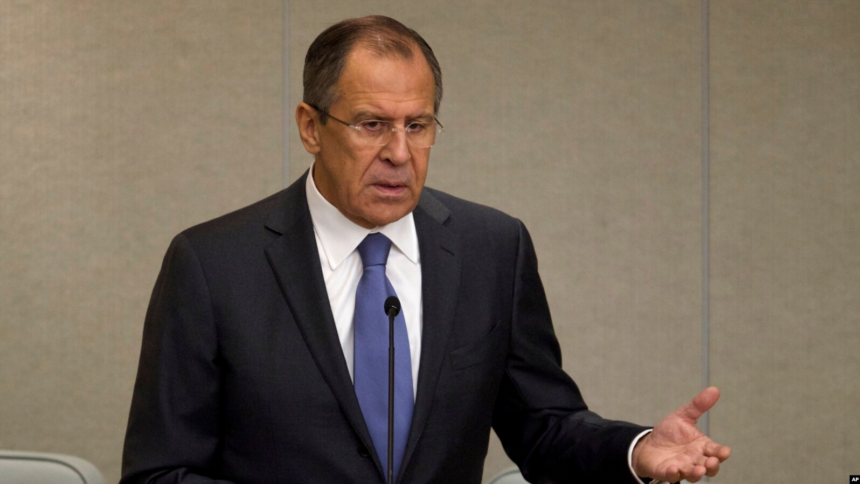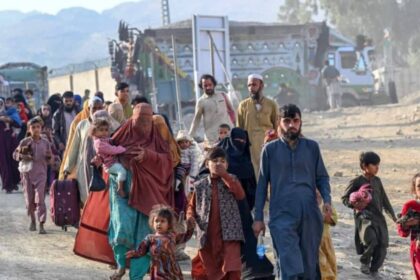RASC News Agency: Russian Foreign Minister Sergei Lavrov has issued a stark warning against the possible reintroduction of NATO military infrastructure into Afghanistan, characterizing such actions as a destabilizing force and a grave threat to regional security. Speaking during a press conference in Uzbekistan, Lavrov condemned what he described as renewed Western particularly American and NATO efforts to reestablish a military footprint in Afghanistan in the aftermath of the Taliban’s return to power. According to the Russian state news agency TASS, Lavrov warned that these efforts risk creating “a new ticking time bomb” a volatile scenario with the potential for rapid escalation. “The fuse on this bomb is dangerously short,” he cautioned, implying that any miscalculation could ignite another cycle of conflict in a region already marred by instability.
Lavrov also sharply criticized the latest UN-led Doha consultation process, describing it as a rebranded initiative dominated by Western influence. He argued that such dialogues, while cloaked in diplomacy, fail to engage meaningfully with the on-the-ground realities in Afghanistan. “What we are witnessing,” Lavrov said, “is yet another Western attempt to reshape Afghanistan’s political future through external frameworks divorced from the country’s lived experience.” The Russian foreign minister emphasized that Taliban rule in Kabul, while deeply problematic, is now an irrefutable geopolitical reality. He urged the international community to adopt a pragmatic approach that prioritizes regional stability over ideological ambitions. “The West cannot continue to design its Afghanistan policy based on illusions,” he asserted. “Any sustainable strategy must begin with the acceptance of present-day realities, however uncomfortable.”
Russia’s concerns come amid a renewed wave of geopolitical recalibrations in Central Asia. Former U.S. President Donald Trump has also weighed in, repeatedly lambasting the Biden administration for its withdrawal from Bagram Air Base and the broader military exit from Afghanistan. Trump has gone so far as to claim that China has since assumed control of the abandoned base an outcome he warns could shift the balance of power in the region and undermine U.S. strategic interests. Lavrov’s remarks reflect not only Moscow’s deep unease over a potential NATO resurgence in Afghanistan, but also its broader apprehension regarding Western influence encroaching on what Russia views as its traditional sphere of geopolitical interest. The notion of foreign troops returning to Afghanistan’s soil especially under NATO auspices is seen by the Kremlin as a direct challenge to regional equilibrium.
Ultimately, Lavrov’s warning underscores a hardening Russian stance: any Western military re-engagement in Afghanistan, under any pretext, will be viewed not as a neutral security measure, but as a provocative act with potentially explosive consequences for the broader region.






